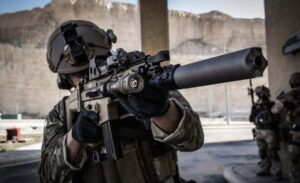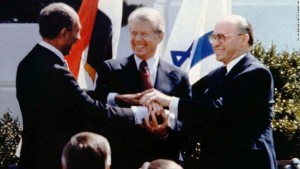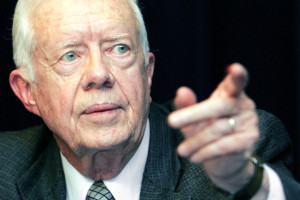It must be said — and I’ll say it here — that Donald John Trump made a gutsy call in authorizing the raid that killed Abu Bakr al-Baghdadi somewhere in Syria overnight.
Commanders in chief on occasion face life-and-death decisions that given all the moving parts of highly complicated military operations can result in tragedy.
The president’s authorization of a mission to send Delta Force soldiers and CIA commandos into Syria to kill the Islamic State leader was one of those nail-biters.
Barack Obama faced a similar situation in 2011 when he made the call to send in SEALs and CIA agents to kill Osama bin Laden. The president knew then that that the operation was based on what he called a “55-45 probability” that bin Laden was actually in the compound where they ended up killing him. He was. The mission succeeded famously and the nation cheered its outcome.
So it should be with the al-Baghdadi raid.
I get that presidents don’t shoulder weapons themselves, or pull the trigger, or fly aircraft into harm’s way. The responsibility of success o failure rests solely on their shoulders.
Thus, when they make these decisions they must face the possibility of tragic consequences if one of those many moving parts falls apart. When they do, the mission can fail. Think of the Desert One Iranian hostage rescue mission that ended tragically in 1980 and think, too, of the terrible burden that President Jimmy Carter likely carries to this very day.
President John F. Kennedy said famously after the disastrous Bay of Pigs invasion of Cuba that “victory has a thousand fathers, but defeat is an orphan.” He took the failure heat all by himself.
The al-Baghdadi raid was a huge success. The capability of our military special forces is unparalleled in all of human history. The Delta Force team served the nation and the world well. To that end, the president who sent the soldiers on this perilous mission deserves credit for making a courageous call.
He has eliminated an example of, um, “human scum.”


